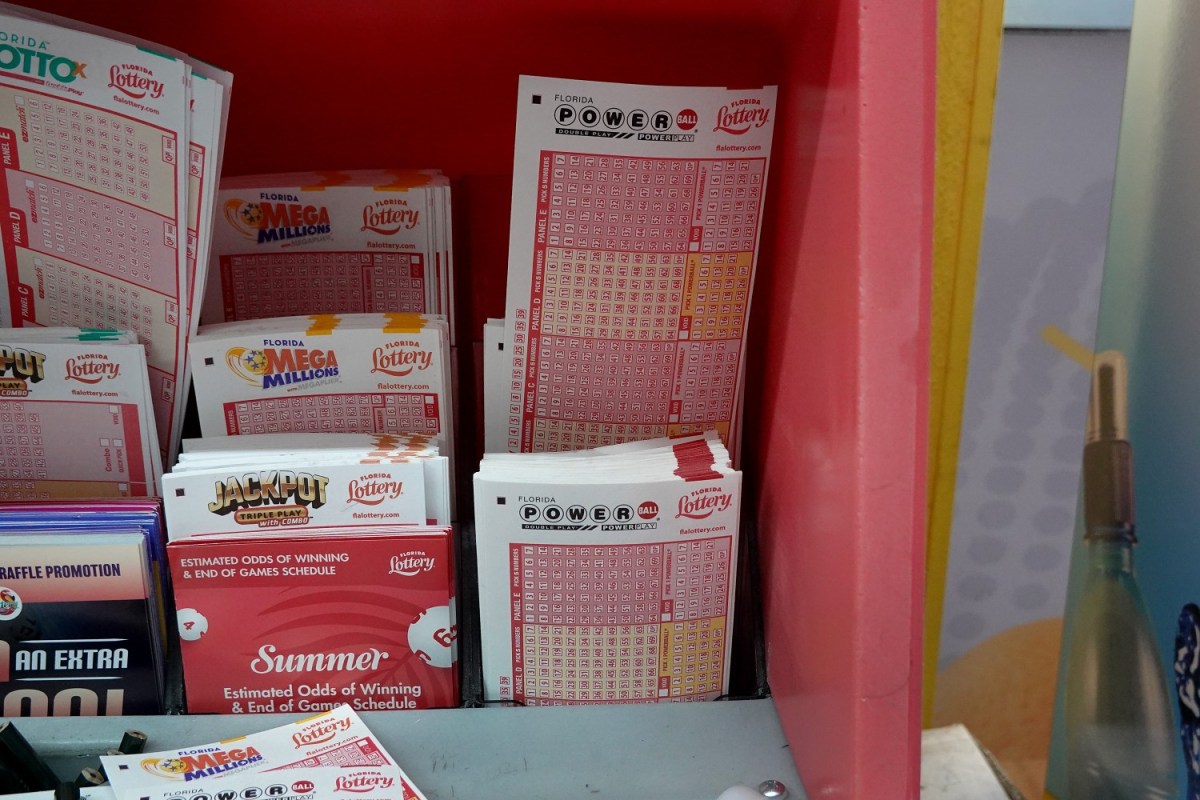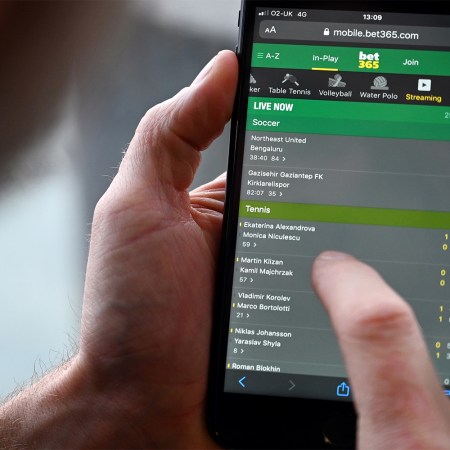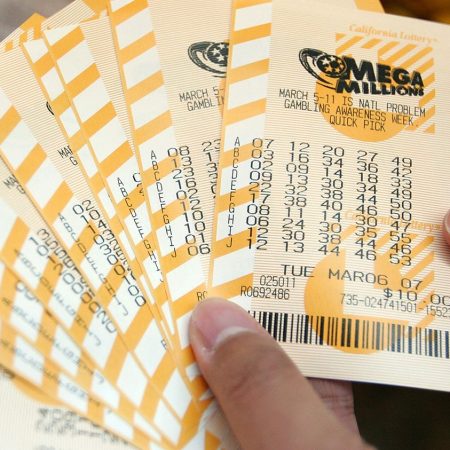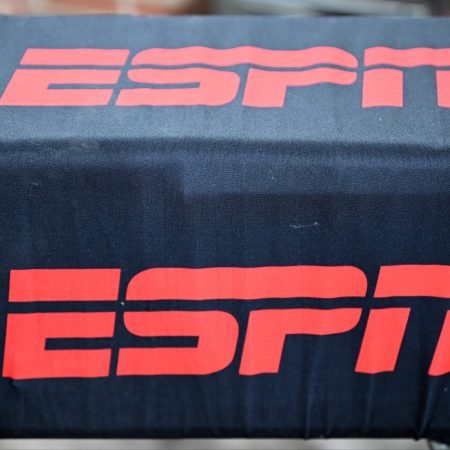There was once a time when, if you played the lottery, you could only find out if you had the winning numbers in a handful of places. Nowadays, verifying your ticket is a lot easier — and something that can easily be done via a web page or app. That’s assuming, of course, that the data available online is correct — but the winning lottery numbers posted online have to be accurate, right? At least, that’s what you’d assume.
Unfortunately for one Washington, D.C. man, the gulf between the winning numbers and what he was told were the winning numbers is vast — and a lawsuit aims to settle the disparity. Writing at The Guardian, Maya Yang has the story of one Justin Cheeks, who — like many people around the country — bought a Powerball ticket one day. In Cheeks’s case, this was in early January of 2023.
Cheeks checked the DC Lottery website and saw his ticket’s numbers listed as the winners. Unfortunately, when he went to redeem the ticket, he was told that his numbers didn’t match. He began his lawsuit not long afterwards — and here’s where things get interesting. According to a legal document, a contractor had accidentally posted test numbers for the drawing and didn’t notice the error until the following day.
This Reporter Quit Her Job Live on Air After Winning Just $5,000 in the Lottery
Suffice to say Natalia Escudero believed she’d won considerably more moneyAs Yang points out, there is some precedent for a lottery paying someone for a ticket where a non-winning number was erroneously declared to be the winner. Last year, the Iowa Lottery ran into a similar issue — though in this case, the stakes were significantly lower, with the highest amount there being $200. In 2015, another contentious lottery ticket — this one sold in Virginia — resulted in the apparent winner not getting paid.
Lottery tickets are always something of a (literal) gamble — but it’s especially rough going to hear about cases where someone believes that they won, only to learn that they didn’t through no fault of their own.
This article was featured in the InsideHook newsletter. Sign up now.



















